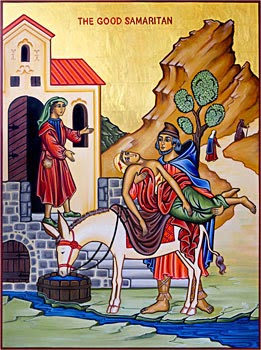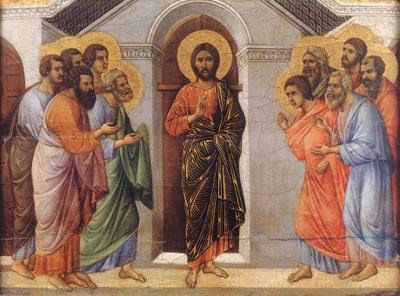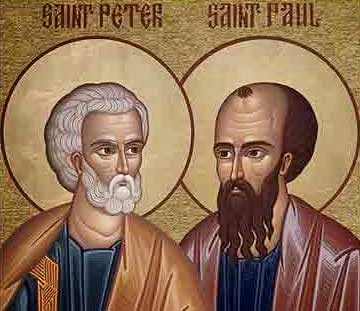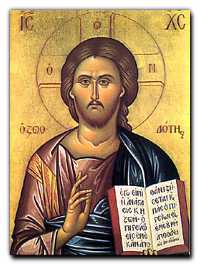Homily for the 17th Sunday in Ordinary Time, Year C

Fr. René J. Butler, M.S. Director, La Salette Shrine Enfield, NH ( Click here for today’s readings ) About 30 years ago I worked at a seminary. We had a librarian named Sr. Frances. Whenever she would remind me of something I had promised to do, I would answer, “In due time.” To which she always replied with a paraphrase of Luke 16:22: “In due time the beggar died.” Most of us know the type. They ask for something. They remind us the next day. And the next, and the next... Until we do it, convenient or not, just to make it stop! Today’s story of Abraham has a brief prologue that is not included in the lectionary. “With Abraham walking with them to see them on their way, the men set out from there and looked down toward Sodom. The LORD considered: Shall I hide from Abraham what I am about to do, now that he is to become a great and mighty nation, and all the nations of the earth are to find blessing in him? So the LORD said”—and here begins our text, “The outcry again




